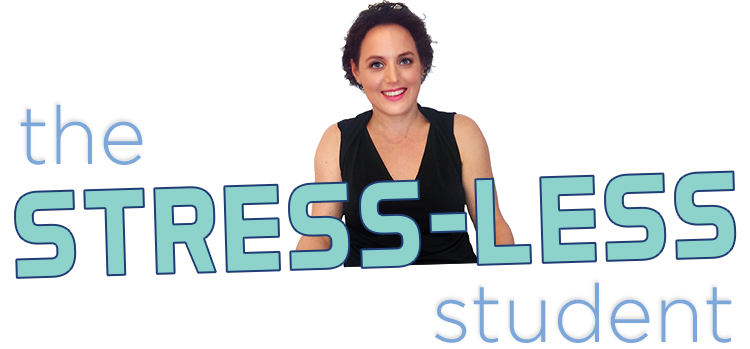Do you find yourself zoning out in class? Or not knowing what happened after class? A lot of us refer to this as paying attention. This is a general phrase that, when heard, often results in students (maybe you’ve had this experience) thinking to yourself, “I need to pay attention. I need to pay attention,” and you’re so busy thinking about how much you need to pay attention that you actually miss pieces of the class. Typically (I think) we think of paying attention as sitting still, looking at the person who is talking and quietly absorbing the information. This is good for optics, but it doesn’t necessarily mean that you are capturing what is being said, or done. When I ask students why they don’t think they’re paying attention I ask more explicit questions to understand how they know they’re not paying attention, and so if “paying attention” is something you think you struggle with here are some specific questions to ask yourself:
- Do you find yourself missing a piece of the instruction and are too afraid to ask for clarification?
- Are you consistently missing work in class?
- Do you find that in one moment you suddenly hear what the teacher is saying, but don’t remember what they said before?
- Are you constantly finding that you need to do something with your hands or need to move?
- Are you worried that if you ask what just happened, you might get in trouble?
- Do you feel like you can’t capture everything the teacher is saying because they are moving too fast?
These are common struggles that I see for students. And while the solutions are sometimes more nuanced than what I propose here, here are some to get you started.
- Ask/answer questions in class to stay engaged.
- Use a fidget toy.
- Many teachers post assignments online. If you missed the instructions, start there. Then, ask a friend. Maybe even ask a friend ahead of time to be a “buddy” for you because you know you might zone out. This doesn’t give you permission to zone out completely, but it may ease some anxiety for you if you know that there’s someone in the class that you feel you can ask when you miss something.
- Do you risk “getting in trouble” if you ask what just happened? That is certainly a fear that many students have or may have experienced with teachers. I would suggest sitting down with your teacher before class, and letting them know that you are concerned about “zoning out.” Sometimes just naming it, can ease the anxiety and help you to focus more easily. By the way, if this makes you nervous, email me! We can brainstorm ways to talk with your teacher.
- Take notes. (You knew I had to put it in there!). Even if you have no idea what your notes say at the time, it helps your brain stay active and it serves as a record for later when you don’t remember what you did in class. I always bring a note-pad to lectures to take notes as I know if I don’t have anything to do with my hands I will start daydreaming.
- Don’t worry about not being able to capture everything the teacher said. Either you can go back to what the teacher said if they post notes online, or set up a buddy system where you exchange notes to make sure you have the pertinent information.
Lastly, (and I recognize that this takes a lot of practice) activate your prior knowledge by looking at google classroom and/or your notes before class..This will help your brain make connections. Many times when I ask students about an assignment they’re having difficulty with I ask them what they learned in class. At first, they say, “I don’t know,” and then I’ll ask them to show me notes from the previous class. Glancing at something they wrote, they’ll often say, “Oh yeah. The teacher talked about…” and that will trigger a connection for them. If you don’t take notes, look at previous assignments or notes from your teacher on Google Classroom. Second, add to your notes. Look at the notes you have and add anything that is missing from them that might be on the notes or slides from Google Classroom. Many students struggle with knowing what to “add” or “annotate.” You can add:
- A clarifying question
- A piece of information that you don’t have
- A curiosity or wondering about the material based on what you read.
- Something that you didn’t know before.
- A connection you can make either to your own life, from a previous assignment or something you know in the world.
- An example of a problem.
Want some more tips and tricks for paying attention? Curious about coaching? Sign up for your Complimentary Destressify Session here.
Wishing you all a wonderful week!
Warmly,
Sarah Weidman



Recent Comments